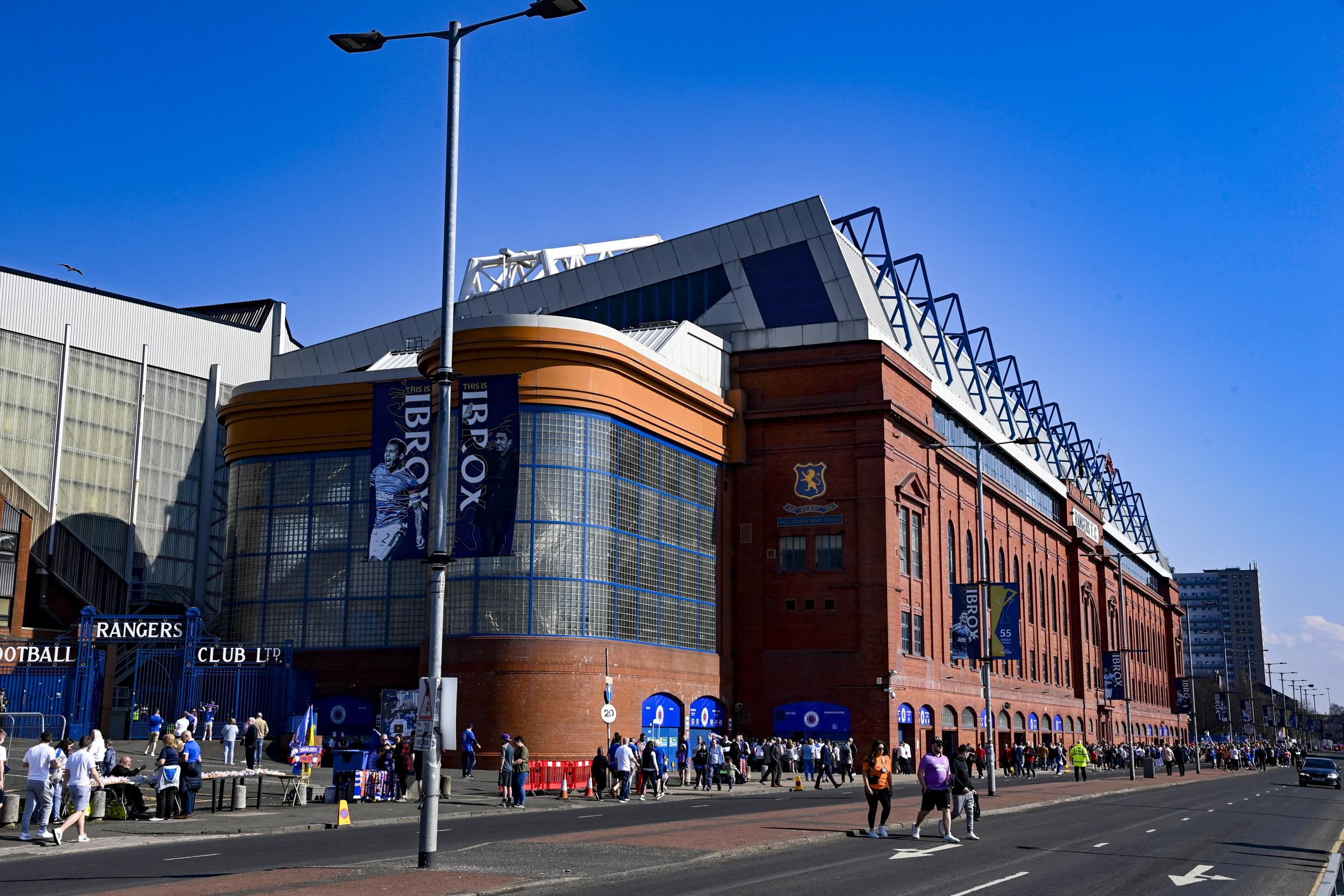
RANGERS’ relationship with the media over the last couple of years has been strained, to put it mildly. While other football clubs in Scotland – and indeed all over the world – were going out of their way to work alongside the Press and broadcasters to promote their interests and be held to account, access to the players and coaches at Ibrox has been significantly reduced.
As a journalist, it is probably unsurprising that I’ve taken a rather dim view of the Glasgow giants’ media strategy in recent years. Policies like the one where outlets were being asked to pay a cool £25,000 for access in pre- and post-match press conferences aren’t standard practice for a reason, after all.
There exists a section of the Rangers fanbase that openly welcomes an adversarial relationship with the media. Perceived slights and injustices surrounding the reporting of the club’s financial implosion in 2012 have left a bitter taste in the mouth of many and as a result, the thinking goes, it’s about time the fourth estate received its comeuppance. Cut them off. Let’s see how they like it.
There’s a reason why no other football club operates in such a manner: it’s counter-productive to the team’s interests in the long term, and those very supporters that the club are trying to appease end up short-changed. Whether it be previews for big games, reactions to momentous victories or insightful interviews with their favourite players, Rangers fans simply haven’t received as much ‘content’ as supporters of other clubs of a similar stature over the last few years.
Sure, fan media has been playing a role at Ibrox – something I am in favour of, as it happens – but I believe that the broader the scope of media, the better supporters are catered for. Too much of one or the other is rarely a good thing, in my opinion. I like to see them coexist.
The good news, though, is that there appears to be a change in approach coming from the Ibrox press department in recent weeks, culminating in the burying of the hatchet with the BBC after the broadcaster issued an apology to Rangers on Wednesday morning. After a six-year boycott, the Beeb will be returning to Govan this season.
That the dispute rumbled on for so long is unfortunate, and surely not what either side wished for at the outset. Remember, the whole thing began when Rangers took umbrage with the coverage of a single reporter at the BBC, Chris McLaughlin, and what they deemed to be an unfair report. Whether those concerns were simply not heeded, deemed illegitimate or something else isn’t clear, but what we do know is that the broadcaster decided to double down.
In hindsight, you wonder if there are any regrets over the BBC’s response down at their Pacific Quay headquarters. They chose to escalate, enacting something akin to NATO’s Article Five, declaring what they deemed to be unfair criticism of a single journalist as a criticism of the organisation as a whole. And so the boycott begun.
The apology issued by the BBC yesterday morning certainly implies a degree of wrongdoing on their behalf. “The BBC acknowledges that there have been occasions when parts of the coverage of Rangers FC have not met its editorial standards,” it read. “It has apologised for those instances and is happy to repeat those apologies now.”
There will be those Rangers supporters that reacted triumphantly to the news, viewing the incident as a victory over an old adversary and justification for the club’s initial response. Truthfully, it’s hard to begrudge them it. But I can’t help feeling that these developments should be used as an opportunity to wipe the slate clean, rather than sticking two fingers up to the establishment.
For too long the relationship between one of Scotland’s biggest clubs, its fans and the media has been confrontational. There are those Rangers supporters that require little invitation to rhyme off a list of their grievances with the media over the years – some justified, others perhaps less so – and they will forever distrust the ‘SMSM’. I can accept that, and I understand that I’m not going to change their minds. I’m the last person they’d listen to.
But I still fully believe that the vast majority of Rangers fans are much the same as anyone else: they want to read about their football team. Allowing the national broadcaster – one that supporters are funding anyway through their TV license – back into Ibrox is a welcome move. That the feud was allowed to fester for so long is baffling.
The apology was a redemptive moment for Rangers, showing they were right to stick to their guns, and surely a painful one for the Beeb. But all that matters now is that the two parties – and the wider media – work together in a spirit of collaboration and cooperation. The past is prologue and despite the difficulties of the last few years, the club’s relationship with the media can still be salvaged.
Allowing the BBC in isn’t enough, though. It is refreshing to see but similar olive branches need to be extended elsewhere, too. The adversarial approach of the last few years must be consigned to history, and tensions with the Press need to be eased.
It looks like that is exactly what is happening at Ibrox, and it arrives not a moment too soon. It is better late than never, after all.







